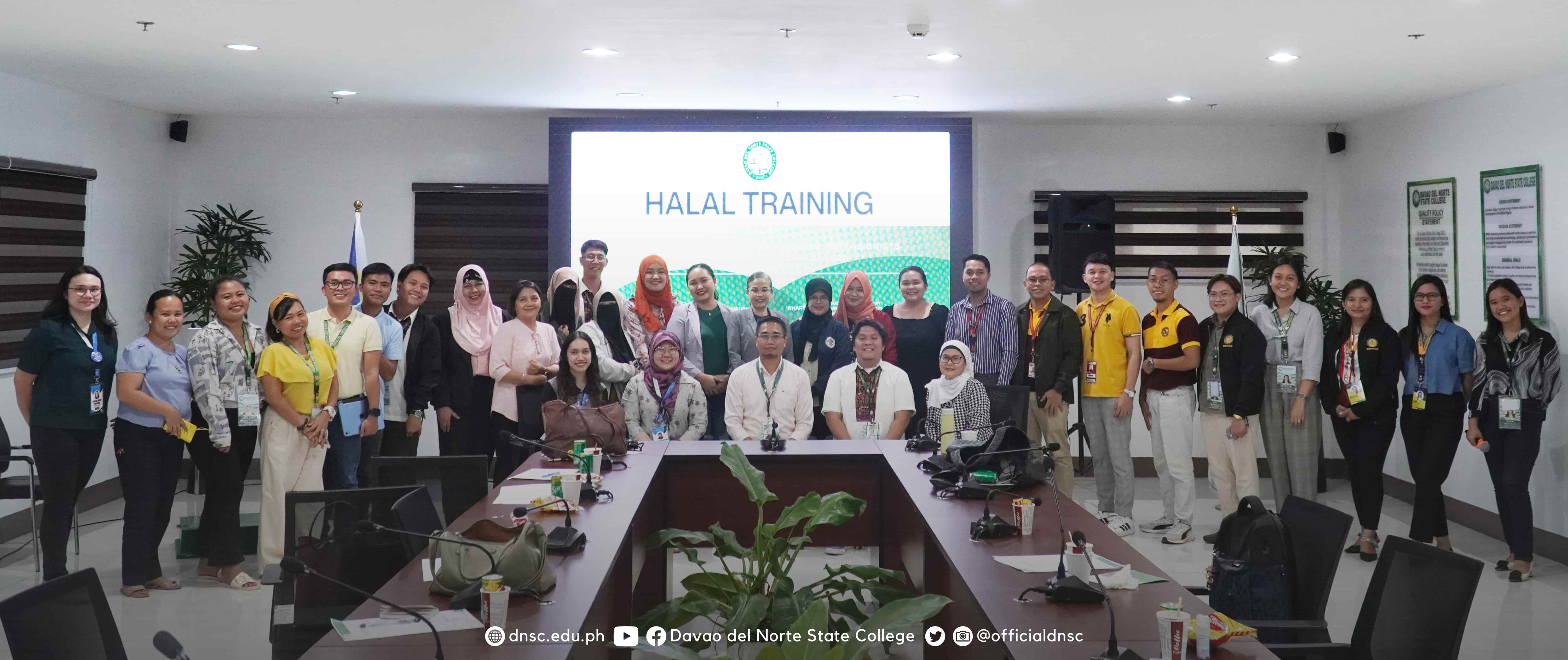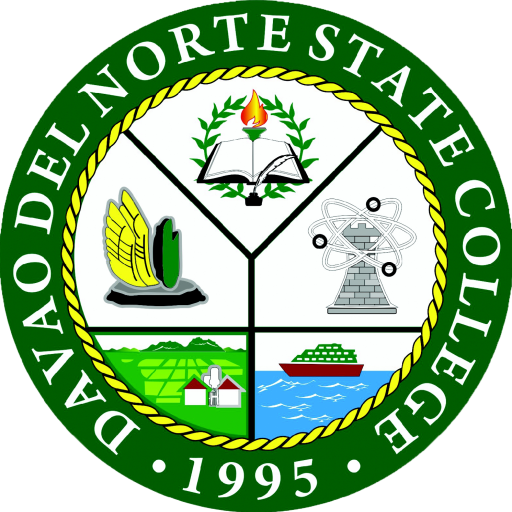
PANABO CITY – The Halal Industry Research and Training Center (HIRTC), one of the research centers of Davao del Norte State College (DNSC), facilitated a two-day Halal Training on October 7 – 8, 2024, at the DNSC Gender and Development (GAD) Conference Room.
“The purpose of this training is to provide a pragmatic platform for capacity building and advocacy, create an avenue for connection and collaboration, foster an intellectual community with a shared purpose, sustain our initial gains in the Halal industry, and map out the future of Halal in Mindanao,” explained Dr. Eliseo F. Huesca Jr., DNSC’s Vice President for Research, Extension, and Production and HIRTC Director.
The International Islamic University Malaysia’s International Institute for Halal Research and Training (IUUM-INHART), DNSC’s international partner, provided several experts to enrich the activity. Dr. Mohammad Aizat Jamaludin discussed Halal Tourism and the Malaysia Halal Certification Process, Dr. Amal A.M. Elgharbawy covered Halal Entrepreneurship, and Dr. Nurhidayu Al-saari elaborated the Halal Slaughtering Process, Halal Food Security and Safety, and the Halal Food Management System.
Representatives from the Department of Science and Technology (DOST) XI also joined the discussion, presenting the Halal Assurance System, Philippine Halal Certification Process, Halal Concepts and Principles, and the Philippine National Halal Certification Scheme.
Christine Este Flor L. Caotera, one of the resource speakers from DOST XI, expressed her excitement on the possible outcomes of the training, “One key takeaway that I would like the participants to have is that Halal is not just for Muslims, but for everyone. We need to be all aware and responsible with our products.”
The participants for the first day were faculty members, researchers, extensionists, and academic leaders from various parts of Mindanao, and were reinforced by Muslim women entrepreneurs and food service providers on the second day.
“I grew up having problems where to eat. In our place in Mati City, it’s hard to find restaurants that are Halal-certified. As a business owner, I own a clothing brand where I promote modest clothing. It relates to Halal industry. Halal is not just about the food, it’s a way of life. It’s fulfilling to travel far to experience this and learn a lot,” said Aliah O. Diasmen, one of the participants in the training.

